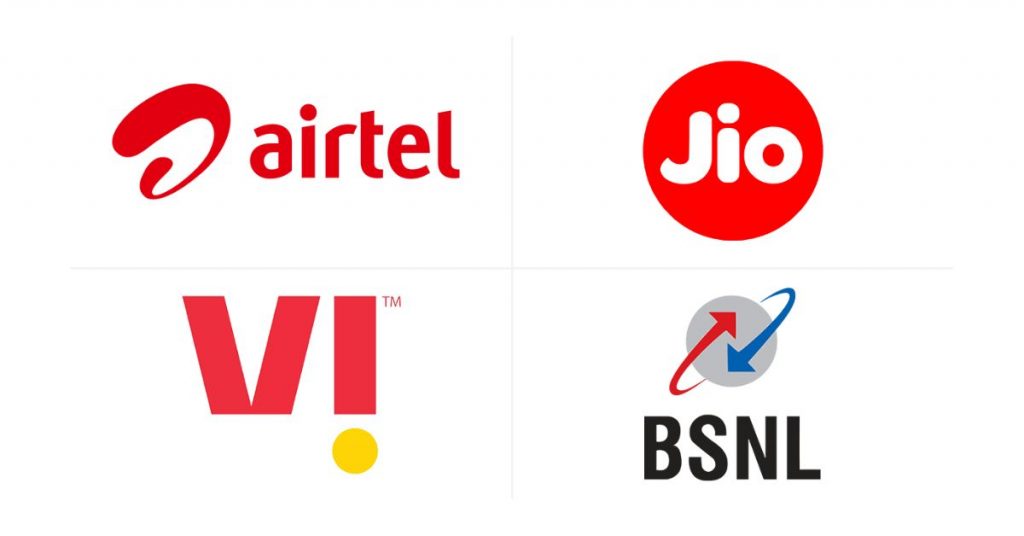Ford Motor Company is officially back in India—but not quite the way you might expect. After a four-year hiatus from manufacturing in the country, the American automaker has announced a ₹3,250 crore investment to revive its Chennai plant. This move marks a significant shift in Ford’s India strategy, focusing not on selling cars locally, but on leveraging India’s manufacturing prowess for global powertrain production.
A New Chapter Begins in Maraimalai Nagar
Ford’s Chennai facility, located in Maraimalai Nagar, was once a bustling hub for vehicle production. That changed in 2021 when Ford exited the Indian market, citing unsustainable losses and stiff competition. The shutdown left thousands of workers and suppliers in limbo, and the plant’s future remained uncertain.

Fast forward to October 31, 2025: Ford has signed a memorandum of understanding (MoU) with the Tamil Nadu government to restart operations at the same facility. But this time, the focus is on building next-generation engines for export, not domestic car sales. The plant is expected to have an annual capacity of 235,000 engines, with production slated to begin in 2029.
Why Ford Isn’t Selling Cars in India (Yet)
Despite the excitement surrounding the investment, Ford has clarified that this move does not signal a return to selling vehicles in India. Instead, the Chennai plant will serve as a global powertrain hub, aligning with Ford’s broader “Ford+” strategy that emphasizes electrification, connectivity, and international manufacturing efficiency.
This pivot reflects a growing trend among legacy automakers: using India as a base for high-tech manufacturing while avoiding the complexities of its fiercely competitive domestic market. With local players like Tata Motors and Mahindra dominating the EV space, and global giants like Hyundai and Suzuki entrenched in the ICE segment, Ford’s decision to focus on exports seems both pragmatic and forward-looking.
Economic and Employment Impact
Ford’s ₹3,250 crore investment is one of the largest fresh infusions by a U.S. automaker in India post-pandemic. The project is expected to generate over 600 direct jobs, along with hundreds of indirect roles across suppliers, logistics, and ancillary industries.
For Tamil Nadu, this is a major win. The state has long positioned itself as a manufacturing powerhouse, and Ford’s return reinforces its status as a preferred destination for automotive investment. The MoU also signals strong collaboration between the company and the state government, which played a key role in facilitating the revival through a Letter of Intent submitted during Chief Minister M.K. Stalin’s U.S. visit in 2024.
Strategic Implications for Ford
Ford’s Chennai reboot is more than just a factory revival—it’s a strategic recalibration. By focusing on powertrain production, Ford can tap into India’s skilled labor force, cost-effective manufacturing ecosystem, and growing reputation for engineering excellence. The engines produced in Chennai will likely power Ford’s global fleet, including electric and hybrid models, as the company accelerates its transition to sustainable mobility.

This move also allows Ford to maintain a footprint in one of the world’s fastest-growing automotive markets without the financial risks of direct consumer engagement. Should market conditions improve or consumer preferences shift, Ford could potentially re-enter the Indian car market with a more competitive and localized strategy.
Challenges and Considerations
While the investment is promising, it’s not without challenges. The long lead time—production won’t begin until 2029—means that Ford must navigate evolving global and local market dynamics. Regulatory changes, technological shifts, and geopolitical factors could all impact the viability of the project.
Moreover, the decision not to sell vehicles in India may disappoint loyal Ford customers who hoped for a return of popular models like the EcoSport or Endeavour. For now, those hopes remain on hold.
Conclusion: A Strategic Reboot, Not a Full Revival
Ford’s return to Chennai is a bold and calculated move—a strategic reboot rather than a full-fledged revival. By investing in powertrain manufacturing for global markets, Ford is betting on India’s strengths while sidestepping its challenges. The project promises economic benefits, job creation, and technological advancement, even if it doesn’t bring Ford cars back to Indian roads just yet.

Hello, my name is Muskan Kumari and I am an experienced Digital Marketer. I have been blogging for the last 3 years and I have special interest in SEO. Here I give you easy bikes and writes easy-to-understand reviews and news about the latest bikes, helping readers choose the best options.. My aim is to always provide you with accurate, new and useful information.










